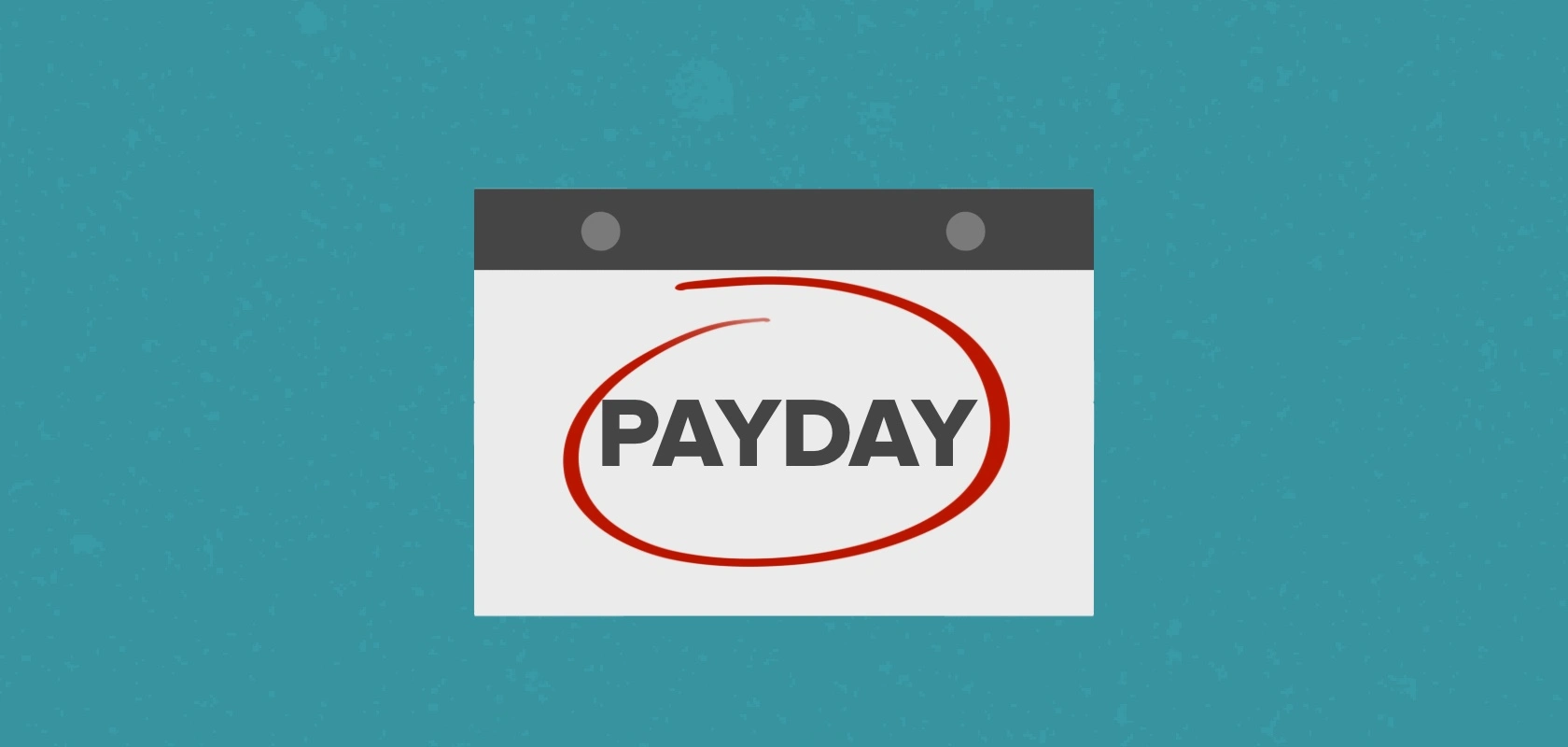Slow seasons are tough, but they are a normal risk that comes with running a business. If your business is really struggling, you may need to consider better business risk management to deal with things like slow seasons, economic downturns, and sustaining competitive advantage in your business.
However, if it is just your average seasonal lull, some clever planning and readjustment of strategies can do the trick.
By using the tips in this article, you can sustain a competitive advantage and improve business during the slow season, and even plan ahead to ensure a smoother run once things ramp back up again.

1. Ramp up Your Marketing Strategy
When things get slow, it is an excellent time to rethink your marketing strategy. Lulls in business give you the opportunity to spend more time creating, so take advantage of that by speeding up your content creation, boosting quality, and trying out new ideas.
It is also important to keep engagement high during slow seasons. Because customers might be buying less during these times, it’s important to do what you can to keep them interested in your brand.
Social media engagement, for example, is critical during times of slow business because even if consumers aren’t shopping, they are still using social media. So if you continue to post and engage with them, you are more likely to inspire them to take action and make a purchase.
One of the biggest dips in buying activity often occurs right after the holidays, so you can also focus on seasonal-themed marketing to keep customers interested and shopping with your brand. Winter marketing ideas can include winter-themed giveaways, using winter-themed hashtags in social media posts, or even marketing about helping those in need during the winter season.
2. Prioritize Superior Customer Service
Customer service is especially important during slow seasons. When people are already shopping less, the last thing you want is to discourage buying with poor customer service.
When times are slow, take the time to really show your customers how great you are and what you can do for them. This will not only ensure people keep shopping with you during the lull, but it will also help you build better customer relationships and maintain loyal customers in the future.
3. Stay Motivated Through Quality Leadership
Slow seasons can feel discouraging for your employees. They might feel bored because they have less to do, or they might worry about job security if the company isn’t making money. As such, it is crucial during these times to use your leaders to motivate, inspire, and empower your employees.
Good leadership can keep morale high and ensure everyone is still happy and productive in their role. Using your leaders to empower and unify your teams can also create a more positive company culture that will improve teamwork and collaboration, which can help you in the long run when things are busy again.

4. Lower Your Operation Costs
Another smart way to stay in business during low seasons is to look for ways to lower your operational costs. If you don’t have as much money coming in, it’s important to find ways to spend less.
This can be done by paying closer attention to cash flow, employing certain people only part-time or seasonally, and using automation to make processes more efficient and less costly.
5. Partner With an Organization
Businesses should seek to connect with their communities and do good without it simply being a publicity stunt. However, if the business is slow, partnering with a non-profit or community organization can boost your brand awareness and reputation, which can help you bring in more business.
Today’s consumers are much more critical of the brands they shop with, and as such, things like social responsibility are important to them. So look into organizations you can partner with to genuinely do some good and show your customers that you care about more than just making money.
For example, you can partner with local charities for food or clothing drives. You can connect with environmental organizations to spread awareness about sustainability. Or you can set up your checkout process so that a portion of the money spent on your products goes towards a group or organization like humane societies, cancer charities, or social justice movements.
6. Offer Eye-catching Discounts and Sales Promotions
If the business is slow, offering sales, discounts, and special promotions can attract customers to help you increase cash flow. Everyone loves a good sale.
And if you are specifically dealing with a winter lull after the holidays, remember that people often get money or gift cards as gifts. So offering special deals and discounts can remind them to spend that money and might even encourage them to spend more if they are getting a good deal.

7. Plan Ahead for Busy Season
If the slow season has got you down, planning ahead for peak season can lift your business up. Focusing on ways to improve your current situation is wise, but planning ahead for when things pick back up can also help you make more money in the long run.
When you are better prepared for when things get hectic, you will run into fewer issues, which means you can stay productive and make more money. This can then help you better save up and plan for the next time you have a lull in business.
Also, even if customers aren’t buying much now, you can start marketing to them to build excitement for your busy season. Essentially, you should make the most of your downtime by using it to prepare for when you won’t have as much time to sit around and brainstorm.
8. Take the Time To Do More Market Research
If your goal is to sustain a competitive advantage in business during slow seasons, take the time to better understand the market and what your competitors are doing. If you want to beat the competition, you have to know what the competition is in the first place.
Furthermore, data analytics and research can not only help you better understand your market and your competition, but they can also help you better understand your own performance. Overall, doing more research and analyzing certain data can give you insights into what you need to do to improve and stay ahead of the competition.
Consumer research is also a great slow-season strategy. The more you understand your target audience, the more you can adjust your marketing and products to better meet their needs. And in the long run, this can help you keep business steady, even during traditionally slow seasons.
9. Experiment and Play Around with New and Innovative Ideas
If you’ve got the time, why not use it to get creative and experiment a little? Playing around with new ideas is hard when you are busy, but when you are slow, it is the perfect time to push innovative boundaries.
Innovation, after all, is often the key to sustaining competitive advantage in business, staying ahead of the competition and making a name for yourself as a business. So use the extra time during lulls to brainstorm and innovate. When you don’t feel as much pressure to meet deadlines, you can more easily open your mind to new ideas.

Keeping Your Business Competitive During the Slow Season
The goal with any slow season should be to use the time wisely. Evaluate your processes, make improvements, adjust your strategies, plan ahead, and get creative.
If you treat every slow season like an opportunity to better your business, innovate, and sustain competitive advantage in business, you will have more success down the road and won’t have to worry as much about occasional lulls in business.
Ainsley Lawrence is a writer who loves to talk about good health, balanced life, and better living through technology. She is frequently lost in a good book.







